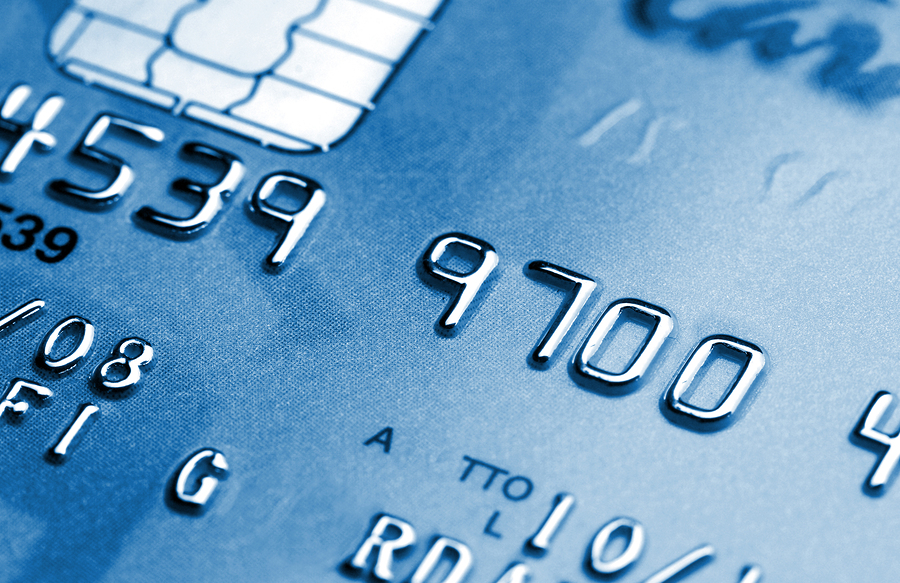The coronavirus (COVID-19) pandemic has hit the country’s economy hard, but this fact does not seem to be reflected in the nation’s credit card debt. According to statistics from credit reporting agency, Experian, credit card balances have declined at a record rate in 2020.
Economic crises tend to lead to a change in consumer behavior. World War II pushed consumers to change their spending habits in ways they had not done before. The COVID-19 pandemic with forced lockdowns and widespread unemployment has likewise put things into perspective for American consumers, pushing them to change their spending habits, as well, including how they use their credit cards.
Credit card debt has been consistently rising over the past eight years with the national credit card debt reaching a record $839 million in 2019. Many financial experts assumed that the pandemic would lead to consumers relying heavily on their credit cards to pay for necessary expenses, as well as discretionary spending. However, it appears that, despite this fact, the nation’s credit card debt is on the decline. In fact, Experian reported that the national total is down to $756 billion, which is the lowest level seen since 2017.
Individual credit card balances are on the decline, as well. According to Experian, the average credit card balance in 2020 is $5,313.00, while it was reported at $6,194.00 in 2019. This is a 14 percent decrease in one year’s span. The average credit card limit also decreased by three percent between 2019 and 2020.
One reason for this decrease in credit card debt levels could be attributed to government relief programs, including the stimulus bill passed by Congress in March 2020. These relief packages have given consumers a temporary break on their student loan payments and have included moratoriums on foreclosure and eviction proceedings. Additionally, consumers received lump sum payments through the CARES Act in an effort to provide them cash to offset any loss of income experienced due to COVID-19. This money also allowed consumers to avoid adding to their credit card debt, although for temporary purposes.
The number of new credit card accounts opened in 2020 similarly decreased. In 2019, 21 million new credit card accounts were opened by American consumers, while 12 million new accounts were opened in 2020.
In normal circumstances, given the fact more new credit card accounts were opened in 2019 would lead to increasing levels of credit card debt overall. In 2020, the opposite seems to be occurring. More credit card accounts were opened last year, but the overall balances reported are lower than previously reported. A trend like this has not been seen in over 14 years. Financial experts believe this could mean that while U.S. consumers opened more credit accounts in 2019, they continued to make regular payments on both the new accounts and older accounts. Alternatively, consumers could have opened these new accounts to pay off their already-existing credit card debt, resulting in the lower overall balance reported nationwide.
Please click here to read more.
If you have questions on this topic or are in financial crisis and considering filing for bankruptcy, contact an experienced Miami bankruptcy attorney who can advise you of all of your options. As an experienced CPA as well as a proven bankruptcy lawyer, Timothy Kingcade knows how to help clients take full advantage of the bankruptcy laws to protect their assets and get successful results. Since 1996 Kingcade Garcia McMaken has been helping people from all walks of life build a better tomorrow. Our attorneys’ help thousands of people every year take advantage of their rights under bankruptcy protection to restart, rebuild and recover. The day you hire our firm, we will contact your creditors to stop the harassment. You can also find useful consumer information on the Kingcade Garcia McMaken website at www.miamibankruptcy.com.

